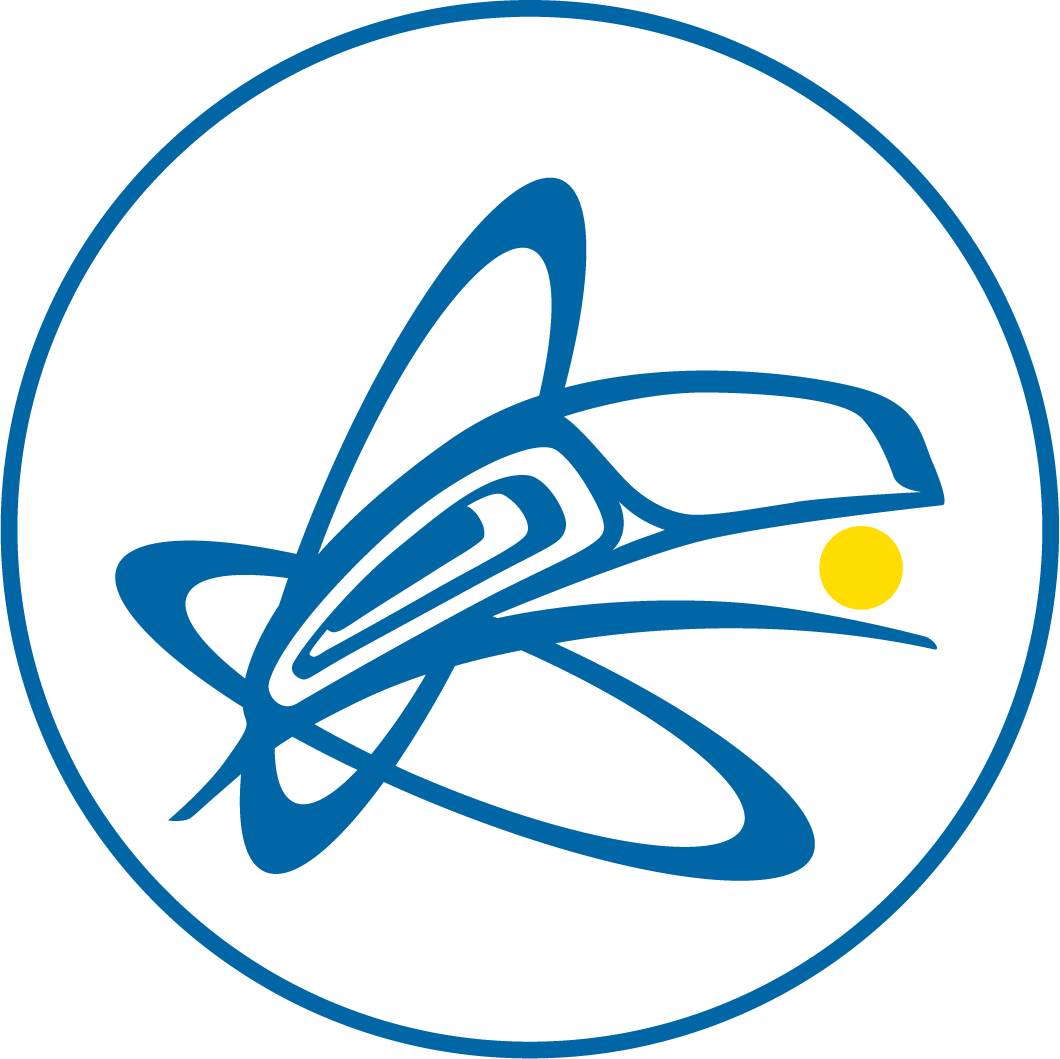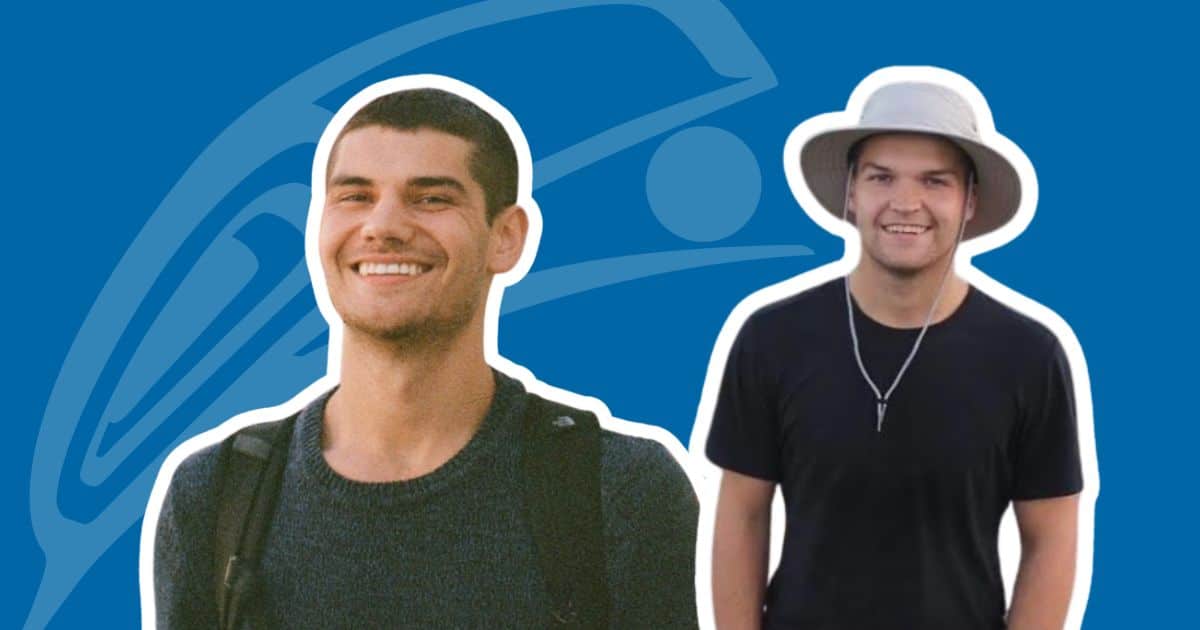

Our Indigenous Innovator Series features First Nations Technology Council alumni who tell their stories about how digital skills have made a positive impact in their lives and communities.
At the time of writing this Series, both Dylan and Tyson are employed as Software Engineering Interns at Microsoft Vancouver. This internship was made possible with funding from the Innovator Skills Initiative. The funding, provided by the Province of B.C. through a partnership between Innovate BC and NVBC, enables enhanced support for Indigenous interns across the province and reflects the Ministry of Jobs, Economic Development, and Innovation’s objective of increasing the number of Indigenous post-secondary students employed in the B.C. tech sector after graduation. This funding provided the opportunity for Technology Council alumni to ladder into technology internship placements with trusted partners who've demonstrated a commitment to advancing reconciliation by creating corporate cultures and environments that make space for Indigenous worldviews, culture, and thought leadership.
Words by Dylan LaRocque and Tyson LaRocque, Technology Council alumni
DL: In the dialogue between Indigenous Peoples and the tech sector, the real question isn't what one side can offer to the other. At its core, technology is the art of organizing information for practical purposes, of creating more than is consumed. It's a misconception to think of the tech sector as merely a place to contribute; it is better seen as a tool to utilize.
We live in an age of lots of leverage and minimal friction. If you apply persistence and focus, you can create software that operates globally. A well-crafted tweet might go viral, capturing the attention of influential figures. A few keystrokes can connect you to individuals with significant resources. The sum of human knowledge is now freely accessible online with the right search strategies. My point is, that with the tools at our disposal today, the narrative of your journey is yours to write.
TL: A good example of this is Dylan’s first endeavour in tech, Beats for Bits. He created this platform where he sells his music and art in exchange for Bitcoin. This is just one idea of how anyone can leverage technology as a tool to raise awareness and funds for their ideas.
DL: Watching Harry Potter, did you ever think, "If I were a wizard in that world, I'd study so incredibly hard?” The spells, detailed with precision, promise that mastering them empowers you to shape your reality. Well, I think this is not unlike our world, where instead of spells and potions, we have the internet. It offers limitless information, enabling us to self-educate. This self-education ignites ideas, which, when executed, morph into experiences and that is the greatest teacher.
So by engaging with these tools, experimenting, erring, and learning through repetition, I believe that we don't claim space—we create it. It's in the act of creation that asserts our presence.
TL: I think Indigenous Peoples can claim our space in the digital age by collaborating with others. This brings in different perspectives and skill sets to accomplish something great. One idea I have around this is sharing knowledge—years over years and generations over generations—on a community-owned server that only community or band members have access to. I think this could be an effective tool for passing down stories and information from a multigenerational perspective.
Technology will increasingly show up in different aspects of your life. Learning to work with it is like a self-defence class: how can you prepare for the present and the future?
TL: There is a sense of ‘lightness’ in how the instructors at the Technology Council teach the courses. It’s not like a university where you sit in big classrooms and have to do these assignments, midterms and final exams; the Technology Council offers small classes where everyone seems to feel comfortable asking questions. It feels like the instructors truly want you to grasp the content before moving on as a group.
DL: Most schools are fundamentally a business and students are their customers. The relationship basically ends the moment you leave, other than when they want to ask for more money. The Technology Council is unlike traditional pay-to-learn models and instead pays you – they are creating more than they consume.
The Focus Web Development Course we first enrolled in provided practical skills such as HTML, CSS, and JavaScript through a six-week boot camp, and then we furthered our education in the Futures Web Development Course in partnership with BrainStation. The hands-on approach and direct industry connections, notably with Microsoft, were pivotal. It's a blend of practical learning, mentorship, and direct career pathways that prepared me well for the tech industry.
DL: Make action your goal. It's crucial not to be passive, waiting for problems to resolve themselves. Develop a habit of engaging in personal projects. Avoid letting perfect be the enemy of good. These should be projects that spark a feeling of ambition. It is this excitement that propels you.
Remain cheerful and constructive. Feel free to reach out to me if you want to. @larocque_dylan on twitter.
GET INVOLVED TODAY
Learn more about our digital skills training programs here.
Contribute to our Digital Skills Bursary Fund here.